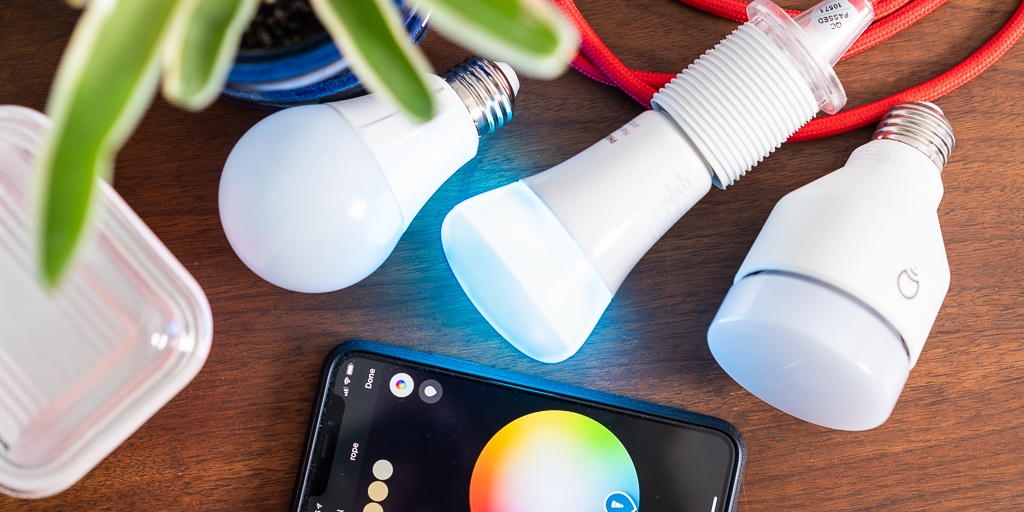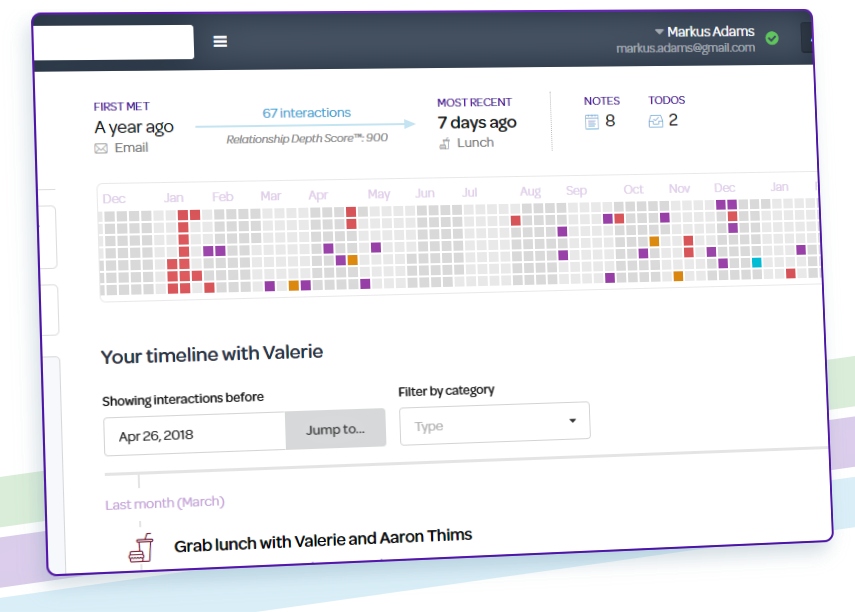
What does this say about real estate?
Since before blogs and Twitter and Facebook, many Realtors used Craigslist as a means of promoting listings and services. The site has never undergone any major design changes, but user culture has shifted a bit to be more mainstream. Broker listings are now separated from homeowner listings and the site is no longer just popular in tech centers across America but has become common even in the Midwest.
All that said, there remains a culture of haggling, a culture that doesn’t trust a seller (just try posting a listing in any category, in any genre to see what kind of crazy insane spam emails you get), a culture that is looking for the best deal, and most importantly, a culture that is focused on doing their own research and verifying all information via Google.
Recently, AGBeat video columnist Herman Chan shared with us a listing on Craigslist in which a home buyer was seeking a real estate professional and although it has since been pulled, we’ll show it to you in full before we add our thoughts (click to enlarge):
Herman interpreted the ad in the most hilarious fashion:
Need some extra gas money? Sell a home!
Being a realtor is as easy as 1-2-3! Just troll craigslist for cheapo clients, put your name & license on the line, slave away, do ALL the work, and get paid pennies. There’s nothing to it! So this is what its come to, eh?
Advertisement. Scroll to continue reading.Our services, our knowledge, our expertise boils down to a measly 500 clams.
He has a good point though when he asks, “On the other hand, times are indeed tough. Agents are starving out there…at what point would you respond to this ad?”
What does this say about Craigslist and our industry? Not as much as you would think. There are many people who feel empowered by the internet and sincerely believe they only need a Realtor to sign a paper or to open a door. That isn’t anything new, so there is no rising trend to point out here, but it is worth remembering that if you’re not the type to be second guessed with every move, Craigslist may not be the website for you to use. On the other hand, many people have found incredible success in listing homes on Craigslist.
Tell us in the comments what the strangest encounter in Craigslist’s real estate section you have witnessed or been subjected to!
The American Genius is news, insights, tools, and inspiration for business owners and professionals. AG condenses information on technology, business, social media, startups, economics and more, so you don’t have to.









































Matt Stigliano
June 21, 2011 at 8:27 am
There will always be DIYers, but this is an interesting ad. I'm not sure how CA licensing works, but I can't imagine this being a smart move in Texas. Fannie Mae is going to look at that "rebate" for one and TREC is going to look at it as well. In addition, this person may have filled out the paperwork, but I wouldn't put my license (and my broker's) on the line and hope they didn't mess something up enough to open up future legal action.
I know people will always argue about our commissions, but I see two major components to why we're able to charge what we do (removing the obvious that we actually do more than just open doors and play Mad Libs with contracts): liability and risk. First, there's liability. My commission doesn't even cover my ass if something goes wrong. That's not to say that I expect things to go wrong or that I don't work to make sure they never do, but let's face it, people love to sue and we're at the top of the blame list. I take that liability in my hands every time I open my mouth. Of course, with proper training and attention to the "rules" I can limit that liability, but it is always there. I've seen some amazingly silly lawsuits since becoming an agent (not my own).
Then there's risk. I really feel the current models of commission-based pricing are based in risk. I can't guarantee that every interaction (or even transaction) is going to end in a successful closing. I work hard to make sure they do, but there is no accounting for some things. Unfortunately, we have to account for our "lost time" in working to move a person from looking to buying to closing. There are ways for us to tighten up that process (simple pre-approval both from the lender and agent sides is a great example) and I think we move closer to that goal as we give more data to the consumer through IDX, blogging, and education. The better informed the consumer, the more likely they are to know when they are ready, willing, and able to buy.
I think if the liability levels came down and consumers got (I hate to say it this way, but it was the best way I could think of) more "serious" about the buying and selling process, prices could come down. Would they? That I'm not sure of, because we do have a tendency in our industry to cling to the "way things have always been."
One other thought – when listing homes, the emphasis used to be on marketing, which meant printing, mailing, advertising…which had a cost associated with it in hard dollars. Now, much of that is free, but takes more time (which is also a valuable commodity). I know I invest a lot of time in any listing, but the consumer may not see that – and might not see its cost in quite the same light as me sending out 1000 flyers (tangible goods). I think the trick here is to define time as a cost and show how the two, although very different, are both valuable goods.
Mark
June 21, 2011 at 8:43 am
Craigslist creates hundreds of ads, in your area, about real estate, some good, some bad, some just plain silly. Maybe a newbie will want to use this as a project for experience AND fill up his tank AND get lunch money for the rest of the month. Good for him/her. I'll just ignore it.
Benn Rosales
June 21, 2011 at 11:15 am
There is value in every transaction. Whether you're just wanting the side to meet personal/business goals, or being savvy enough to realize your true hourly rate and gutsy enough to earn and demand it. My response to an ad like that is go get your license, or better yet, complain to the state of California about even needing an license to transact real estate. If it's so easy, let's deregulate it.
herman chan
June 21, 2011 at 6:18 pm
hey y'all! i think agents have a right to procure biz how they want, but to me, the real story about this ad is that there are people out there who think all we do amounts to $500 ;-/